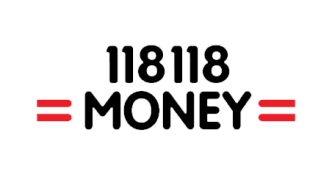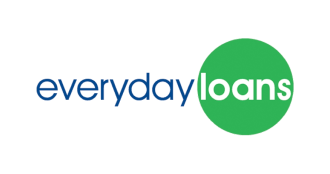Our guide to consolidating debt with bad credit

What is debt consolidation?
Debt consolidation is when you combine several debts, such as credit cards, loans and overdrafts, into a single loan, streamlining your repayments. You will still owe the same amount overall, but only to one lender rather than multiple.
Consolidating debts could help you manage your repayments and reduce the stress of keeping track of multiple accounts and payments.
What is a debt consolidation loan?
A debt consolidation loan is the name for a loan that you use to pay off and consolidate your existing debts, effectively merging your debts into one place.
There isn’t a specialist type of loan that you can only use for this purpose, you would simply take out a secured or unsecured loans.
Can I get a debt consolidation loan with bad credit?
You may be able to get a debt consolidation loan with bad credit. However, it’s important to bear in mind that you are likely to face higher interest rates if you have a bad credit score. This means that the interest rate on your debt consolidation loan could be higher than the rate you’re currently paying on your existing debts. In this case, consolidating them may not be the best option as it could cost you more overall.
A secured debt consolidation loan may allow someone with a bad credit history to access lower interest rates than on an unsecured loan. This is because borrowers need to put down a high-value item, such as a car or property, as security to reduce the risk of the lender losing money if the borrower falls behind on repayments.
It’s important to note that you may lose the asset you put down as security if you can’t keep up with the repayments.
What types of consolidation loans could I get?
There are several types of consolidation loans to consider:
Personal loan
Personal, or unsecured, debt consolidation loans don’t require you to put down an asset as security to get a loan. Instead, lenders use your credit history and financial situation to work out whether you qualify for a loan.
Secured loan
A secured debt consolidation loan requires you to use a high-value asset that you own, such as a car or property, as collateral. If you are unable to repay the loan, your lender could repossess the item to get back what they owe.
» COMPARE: Secured loans for bad credit
Guarantor loan
A guarantor debt consolidation loan requires your loan to be validated by a trusted person, known as a guarantor. Your guarantor agrees that they will cover your repayments if you are unable to do so.
Guarantors typically need to have a good credit score to prove that they will be able to repay your loan if you are unable to.
» COMPARE: Guarantor loans
Secured vs unsecured debt consolidation: What's the difference?
The table below shows the difference between a secured and unsecured debt consolidation loan.
| Secured debt consolidation loans | Unsecured debt consolidation loans |
|---|---|
| Requires a physical asset to be used as security for the loan, such as a house. | Doesn’t require a physical asset to be used as security for the loan. |
| May be easier for people with poor credit histories to access. | May have higher interest rates than secured loans. |
| Typically have lower interest rates than unsecured loans. | Requires a good credit history to access the best interest rates. |
| Can offer larger sums and longer repayment terms than unsecured loans. |
» MORE: Secured vs unsecured debt consolidation loans
What could I use a bad credit debt consolidation loan for?
You can use a debt consolidation loans to pay off and consolidate many kinds of debts, including:
- personal loans
- credit cards
- overdrafts
- store cards
- payday loans






















